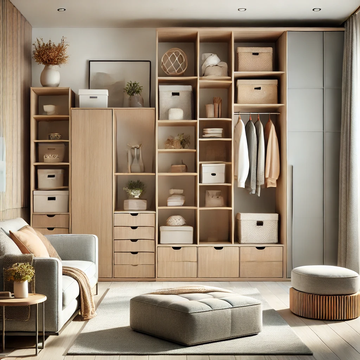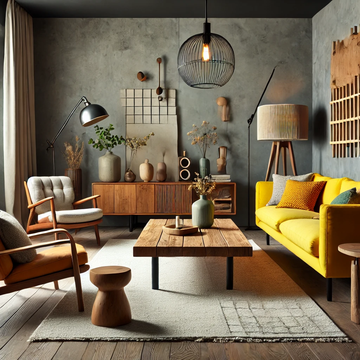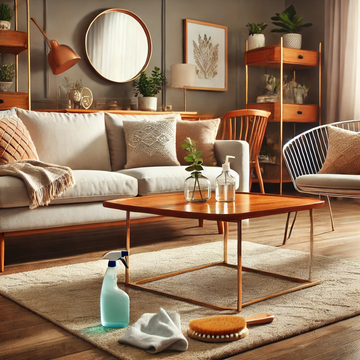Why Developmental Toys Matter
Ever noticed how a simple toy can captivate a child’s attention and spark their curiosity? It’s amazing how the right toy can turn playtime into a learning adventure. Developmental toys aren’t just for fun—they’re designed to help little ones grow and develop important skills. Imagine your child’s delight as they master stacking blocks or solve their first puzzle. That’s the magic of developmental toys at work!
This guide is all about exploring how these toys can support your child’s growth and help them reach new milestones. From sensory play to building social skills, let’s dive into the world of developmental toys and discover how to choose the best ones for your little one.
Types of Developmental Toys
Sensory Toys
Have you ever watched a baby fascinated by a rattle or a crinkly toy? Sensory toys are fantastic for engaging a child’s senses—touch, sight, sound, and sometimes even smell. Toys like textured balls and sensory bins can stimulate their senses and enhance their motor skills. It’s like a sensory buffet for their little brains, helping them make sense of the world around them.
Motor Skill Toys
Remember the first time you saw your child build a tower of blocks or push a toy car across the floor? Motor skill toys, like building blocks and stacking rings, are great for developing fine and gross motor skills. These toys help with hand-eye coordination and fine-tune those tiny muscles as they grasp, stack, and move objects.
Cognitive Toys
Puzzles and shape sorters aren’t just fun—they’re also brain boosters. Cognitive toys encourage problem-solving and logical thinking. Ever seen a toddler’s face light up when they figure out where a shape fits? That’s cognitive development in action. These toys help children make connections and understand cause and effect.
Social and Emotional Toys
Dollhouses and role-play sets might seem like just toys, but they play a huge role in social and emotional development. They help children explore different social scenarios and understand their own emotions. It’s like giving them a mini-stage to act out their feelings and learn about interacting with others.
Choosing the Right Developmental Toy
Age Appropriateness
It’s important to match toys with your child’s developmental stage. What’s perfect for a newborn might not be suitable for a toddler. Choosing age-appropriate toys ensures that your child gets the most out of their playtime. Ever tried giving a baby a toy meant for an older child? It’s a bit like trying to fit a square peg into a round hole!
Safety Considerations
Safety first! Make sure the toys are made from non-toxic materials and don’t have small parts that could pose choking hazards. Always check labels and reviews to ensure the toys meet safety standards. You want your little one to enjoy their toys without any worries.
Educational Value
When selecting toys, think about what skills they’ll help develop. Whether it’s problem-solving, social interaction, or sensory exploration, the best toys align with your child’s developmental goals. It’s like picking the right tools for a job—you want to ensure they’re fit for the purpose.
Incorporating Toys into Daily Routines
Playtime Ideas
Set up engaging play areas where your child can explore and interact with their toys. Whether it’s a dedicated playroom or a cosy corner, a well-organised space can make a big difference. And remember, playtime doesn’t have to be a long affair. Even short, focused sessions can be incredibly beneficial.
Balancing Screen Time
While digital toys can be entertaining, it’s important to balance them with hands-on play. Encourage your child to use physical toys and engage in activities that stimulate their senses and creativity. After all, there’s no substitute for the tactile experience of a good old-fashioned toy.
DIY Developmental Toys
Simple Craft Ideas
If you’re a fan of DIY, you can create your own developmental toys. Crafting sensory bags or homemade puzzles can be both fun and educational. Plus, it’s a great way to personalise your child’s play experience.
Repurposing Household Items
Sometimes, the best toys are the ones you make yourself. Old kitchen tools, cardboard boxes, and plastic containers can be transformed into imaginative playthings. It’s a fantastic way to save money and get creative with your child’s playtime.
Monitoring Progress and Adjusting Toy Choices
Observing Developmental Milestones
Keep an eye on your child’s progress and adjust their toys as needed. As they grow and develop new skills, their play needs will change. By staying tuned to their developmental milestones, you can ensure they always have the right tools for learning and growth.
Engaging with Experts
If you’re ever unsure about which toys are best for your child, don’t hesitate to consult child development professionals. They can provide tailored advice and recommendations to help support your child’s unique needs.
Ready to Explore the World of Developmental Toys?
And there you have it—a guide to choosing and using developmental toys to support your child’s growth through play. Whether you’re picking out the perfect sensory toy or crafting your own DIY creations, the right toys can make a world of difference. So, dive in, have fun, and watch your child’s development take flight through the joy of play!




